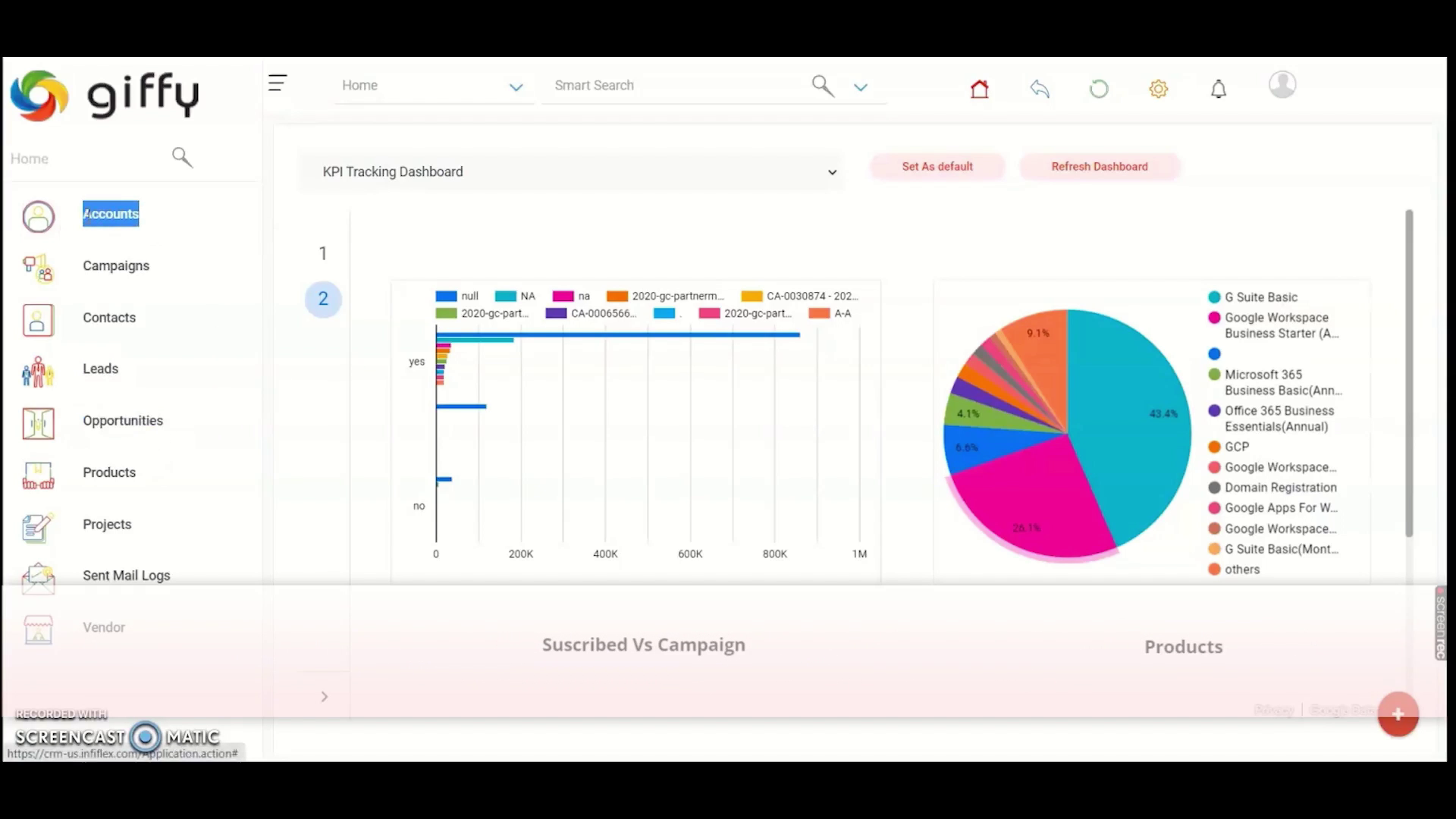Lead, account, contact opportunity in CRM
Managing lead accounts and contacts is a pivotal aspect of Customer Relationship Management (CRM), playing a crucial role in driving business growth. A lead signifies a potential customer, while an account represents an existing customer or organization. Effectively handling these aspects involves cultivating relationships, tracking interactions, and identifying opportunities. By maintaining accurate and up-to-date information on leads and contacts, businesses can strategically nurture prospects and tailor their approach to individual needs. This proactive approach enhances conversion rates and fosters long-term customer loyalty. A well-implemented CRM system empowers businesses to seize opportunities, streamline communication, and optimize their sales processes, ultimately leading to improved customer satisfaction and sustainable revenue expansion.
What are leads, opportunities, and accounts in CRMs? Why can GIFFY manage them well?
Leads
Leads, the initial touchpoints on the path to conversion, represent potential customers who have displayed interest in a product or service. Employing the GIFFY approach with leads involves gathering information from various sources, identifying promising prospects, filtering out less relevant leads, following up with personalized engagement, and ultimately yielding conversions. This systematic approach ensures that leads are nurtured strategically, maximizing the likelihood of converting them into opportunities.
Opportunities
Opportunities emerge when leads show heightened engagement and interest. These are the junctures where potential sales materialize. The GIFFY method guides businesses in navigating opportunities by gathering comprehensive insights about the prospect's needs, identifying the value of the opportunity, filtering through alignment with business capabilities, following up with tailored communication, and tracking progress towards closure. This approach facilitates a refined understanding of potential clients and their requirements, leading to more effective negotiations and higher conversion rates.
Accounts
Accounts, representing established relationships with organizations or customers, hold significance in sustaining long-term success. The GIFFY strategy extends its principles to account management by gathering detailed account data, identifying their value and growth potential, filtering accounts based on key attributes, following up to maintain rapport, and yielding ongoing expansion through cross-selling and upselling. This comprehensive approach fosters customer loyalty, encourages repeat business, and opens avenues for additional revenue streams.
Reasons GIFFY Approach is Effective:
Efficiency
The GIFFY approach promotes a systematic and structured way of managing leads, opportunities, and accounts, leading to streamlined processes and reduced manual effort.
Personalization
By focusing on personalized communication and interactions, GIFFY helps build stronger relationships with leads, prospects, and customers, increasing the chances of conversion and retention.
Data-Driven Insights
The approach emphasizes data collection and analysis at each stage, enabling businesses to make informed decisions based on real-time information.
Scalability
GIFFY's methodology can be scaled to accommodate different volumes of leads, opportunities, and accounts, ensuring consistent and effective management as the business grows.
Measurable Results
The continuous monitoring and measurement aspects of GIFFY enable businesses to track progress, assess conversion rates, and make data-backed improvements.
Customer-Centric
GIFFY prioritizes understanding customer needs and preferences, fostering a customer-centric approach that enhances satisfaction and loyalty.
Conclusion
Leads, opportunities, and accounts serve as the cornerstone of CRM, guiding businesses toward customer-centric success. The GIFFY approach masterfully aligns with these elements, providing a comprehensive framework for managing interactions from initial interest to established relationships. This methodology not only streamlines processes but also amplifies personalization, leverages data insights, and ensures scalability, ultimately driving businesses towards sustainable growth and enhanced customer satisfaction.
Frequently Asked Questions
- What strategies can be employed to effectively manage leads, accounts, and contact opportunities in a CRM system?
- Effective strategies include segmenting leads, maintaining updated account information, and tracking contact interactions to capitalize on sales opportunities.
